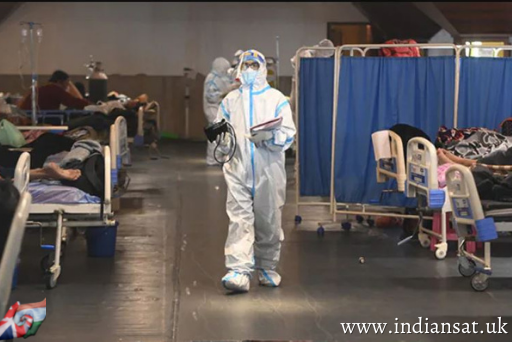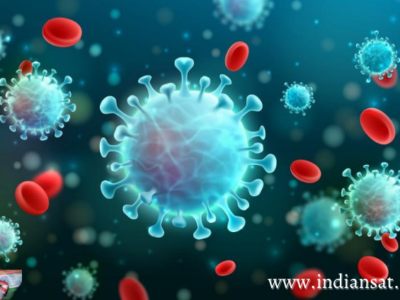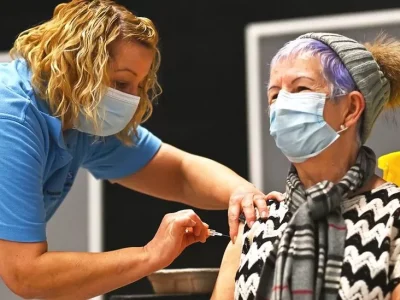The B.1.617 variant of SARS-CoV2 or the ‘Indian strain’, feared to be contributing to a surge in coronavirus cases in India, has been designated as the Variants of Interest (VOI) by the World Health Organisation.
New Delhi: The ‘Indian strain’ of the coronavirus, which has triggered a second wave of COVID-19 cases in the country, has been detected in at least 17 countries, according to the World Health Organisation (WHO). The B.1.617 variant of SARS-CoV2 or the ‘Indian strain’, feared to be contributing to a surge in coronavirus cases in India, has been designated as the Variants of Interest (VOI) by the World Health Organisation (WHO), the UN health agency said in its weekly epidemiological update on Tuesday.
“As of 27 April, over 1,200 sequences have been uploaded to GISAID and assigned to lineage B.1.617 (collectively) from at least 17 countries,” it said, adding that most sequences were uploaded from India, the United Kingdom, USA and Singapore.
“Emerging SARS-CoV-2 variants within Pango lineage B.1.617 were recently reported as a VOI from India and have recently been designated as VOIs by WHO,” it added. The WHO said that studies have highlighted that the spread of the second wave has been much faster than the first in India.
GISAID is a global science initiative and primary source established in 2008 that provides open-access to genomic data of influenza viruses and the coronavirus responsible for the Covid-19 pandemic.
“Preliminary modelling by WHO based on sequences submitted to GISAID suggest that B.1.617 has a higher growth rate than other circulating variants in India, suggesting potential increased transmissibility, with other co-circulating variants also demonstrating increased transmissibility,” the report by the global health body said. “Other drivers may include challenges around the implementation and adherence to public health and social measures (PHSM), and social gatherings (including mass gatherings during cultural and religious celebrations, and elections). Further investigation is needed to understand the relative contribution of these factors,” it said.
In many cities in Maharashtra – the worst-hit state in India – the B.1.617 variant was found in more than 50 per cent of samples on which genome sequencing was conducted, Sujeet Singh, the Director of the National Centre for Disease Control, had said in a webinar on genome sequencing last week. The B.1.617 variant comprises several sub-lineages, including B.1.617.1, B.1.617.2 and B.1.617.3, which slightly differ by their characteristic mutations, the WHO report said.
Both B.1.617.1 and B.1.617.2 were first identified in India in December 2020, and have been detected at increasing prevalence concurrent to the major upsurge observed in the country. B.1.617.3 was first detected in India in October 2020, but relatively fewer viruses matching this sub-lineage have been reported to date, the report said.
Covishield and Covaxin – the two coronavirus vaccines currently in use in India – have efficacy against the ‘Indian strain’ and show “milder” illness in case of infection post vaccination, Anurag Agrawal, the Director of the Institute of Genomics and Integrative Biology (IGIB), said, citing preliminary results of a study.
![]()






